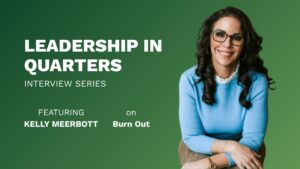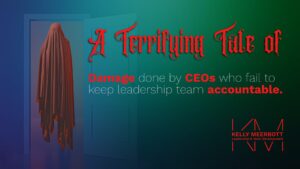When you’re interviewing for a new role, preparation is key. Respect the interviewer’s time by preparing in advance, and ensure you can offer thoughtful, well-structured answers that demonstrate why you’re a perfect fit for both the role and the company culture. Here’s how to do it right.
Before The Interview
Rehearse Your Story. Before stepping into the interview, determine the key highlights of your professional story. Identify your best selling points, test different versions, and rearrange elements until they flow naturally. Practice with friends or colleagues to refine your delivery. Your goal is to make your story clear, compelling, and concise.
Be Concise. When it comes to interviews, less is often more. People typically remember the first and last things they hear, so prioritize your points accordingly. Aim for responses that are between 30 to 60 seconds long. This keeps your answers impactful and memorable.
Research the Company. Tailor your responses to align with the company’s needs and values. Dive deep into the company’s culture, mission, and current challenges. The more you know, the better you can position yourself as the solution they’ve been searching for.
Know the Job Description. Familiarize yourself with the job description and relate your answers to the specific requirements of the role. Show the interviewer that you understand what the position entails and that your skills are a perfect match.
Prepare Thoughtful Answers. An interview is a two-way street. Prepare insightful questions to ask the interviewer. This not only shows your interest in the role but also helps you gauge if the company is the right fit for you. Use this opportunity to clarify any doubts you might have about the job or the company culture.
Stay Calm, Confident, and Composed, Even if faced with a tough question, maintain your composure. A calm demeanor projects strength and confidence. Remember, the interviewer is not just assessing your qualifications but also your ability to handle pressure.
Be Professional, Yet Humble. Confidence is key, but so is humility. Show that you’re a professional who knows their worth but is also open to learning and growth.
Be Specific. Generic answers won’t cut it. Use specific examples from your past experiences to make your answers relatable and credible. Whenever possible, quantify your achievements with numbers, percentages, or other measurable outcomes.
Prepare For Job Interview Questions
It starts with your story. Your story is your foundation, but it must be relevant to the role. Research the company and the interviewers to determine which skills and experiences to highlight.
- Structure your answer using this simple outline:
- Beginning: Your current role, what you enjoy, and what you’ve learned.
- Middle: Your career and past job, and why you want a new role.
- End: Where you want to go next, and why this role is the right step.
- Create Answers With the STAR Method.
- Situation: Describe a relevant task or challenge you faced.
- Task: Explain what the task or challenge entailed.
- Action: Detail the specific actions you took to address it.
- Result: Share the outcome of your actions, focusing on what you learned.
- Build Your Answers To Meet Their Needs.
Every interview is unique, so tailor your responses to reflect the company’s values and needs. Show the interviewer that you’ve done your homework and that you’re not just interested in any job, but in this job.
During The Interview
1. Stay Calm and Confident
Maintain your composure throughout the interview. If you face a challenging question, take a deep breath and gather your thoughts before answering. Confidence is crucial, but remember to avoid sounding arrogant—be humble and professional in your responses.
2. Use Specific Examples From Your Experience
Whenever possible, back up your answers with concrete examples from your work history. Specific examples make your answers more credible and relatable. Don’t just say you’re a great leader—prove it with a story about a time when you successfully led a team.
3. Listen Carefully
Pay attention to the questions being asked and don’t hesitate to ask for clarification if needed. This shows that you’re engaged and thoughtful in your responses.
4. Pause Before Answering
It’s okay to take a moment to think about your answer. A brief pause can help you gather your thoughts and respond more effectively.
5. Be Honest
If you don’t know the answer to a question, it’s better to admit it honestly than to try and bluff your way through. Honesty builds trust, and a good interviewer will appreciate your candor.
6. Highlight What You’ve Learned From Past Challenges
Don’t shy away from discussing past failures or challenges, but frame them as learning experiences. Highlight what you’ve learned and how you’ve grown as a result.
7. Keep It Positive
Focus on your achievements and strengths. Even when discussing challenges, maintain a positive tone and show how you’ve overcome obstacles.
After the Interview
1. Reflect on the Interview
As soon as you can, jot down what you remember from the interview. Review what you learned about the company and the job, noting both positive elements and potential red flags.
2. Send a Thank You Note or Email
Follow up with a thank-you note or email to express your appreciation for the opportunity and to reiterate your interest in the role. This small gesture can leave a lasting impression.
By incorporating these strategies, you’ll be well-prepared to tackle difficult interview questions with confidence and ease.
You’ve got this!
Kelly Meerbott, PCC is a renowned expert in executive leadership. 90% of Kelly’s clients achieve their goals, underscoring the effectiveness of her methods. As a keynote speaker, author, and podcast host, Kelly continues to influence the field of executive leadership. Currently accepting new clients for 2025.
Discover how her coaching can transform your leadership journey.





